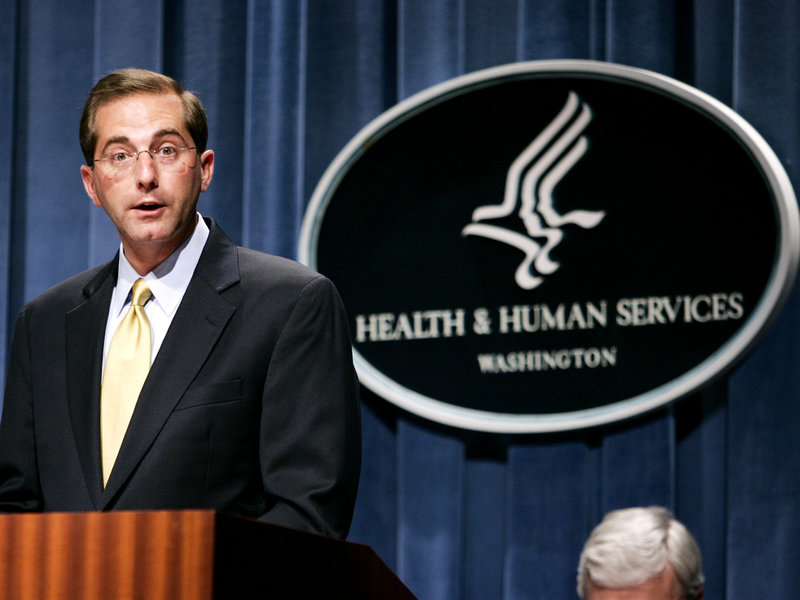President Trump today signed into law a major $1.3 trillion omnibus spending bill which funds the federal government through the end of the fiscal year on September 30, 2018. This bill significantly increases both defense and domestic discretionary spending, and includes several important healthcare provisions critical to nurses.
ANA is pleased to note that this spending measure fully funds Title VIII Nurse Workforce Development Programs and includes a $20 million funding increase for such programs. We applaud Congress for recognizing the importance of a nursing workforce that is ready to meet the challenges of our current healthcare environment. ANA also applauds Congress for providing an additional $3 billion to fight the opioid crisis. As providers on the frontlines of this epidemic, nurses witness firsthand the devastation of addiction and overdose. We hope that this combination of workforce and opioid funding will enable the health care system – and nurses in particular – to put an end to this devastating scourge.
Congress also started to show signs of progress on gun violence prevention, as thousands of engaged Americans across the country prepare for this weekend’s March for Our Lives. Congress clarified that the Centers for Disease Control and Prevention (CDC) is permitted to engage in some gun violence prevention research, and laid the groundwork for an improved background check system. That said, much work remains to keep our children and nation safe from these senseless tragedies. Acknowledging the CDC’s authority to study the problem without actually allocating resources carries the same chilling effect on conducting research as an outright ban.
ANA is also very disappointed by Congress’s failure to ensure affordable and accessible healthcare coverage for all Americans. The omnibus spending measure notably did not include a measure or any funding intended to stabilize the individual health insurance markets. Without such market stabilization efforts, individual premiums will continue to skyrocket and many Americans will choose to forgo health insurance coverage altogether, exposing them to physical and financial risks. ANA continues to urge Congress to act toward implementing market stabilization measures.
ANA again applauds Congress for ending (for now) the familiar cycle of lurching from budget crisis to budget crisis with no long-term, bipartisan solutions to outstanding policy issues. While the provisions noted above – nursing workforce, opioids, gun violence prevention – are a start to solving some of these issues, they do not go far enough. We urge Congress to continue to work toward solving these critical policy issues, and to realize that continuing to play politics with the stability of the individual health insurance market hurts vulnerable Americans who rely on affordable and accessible health coverage.

